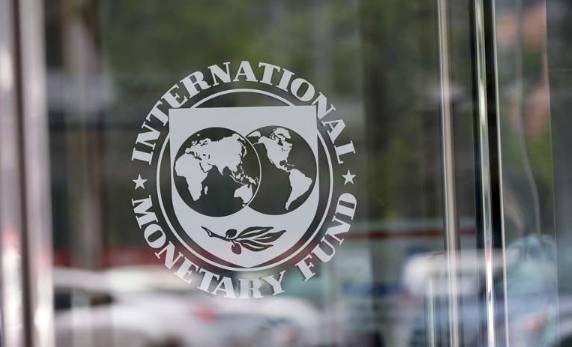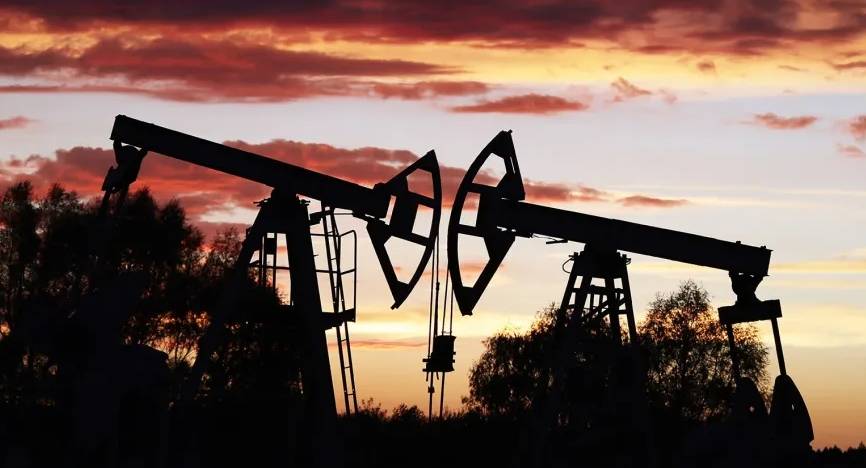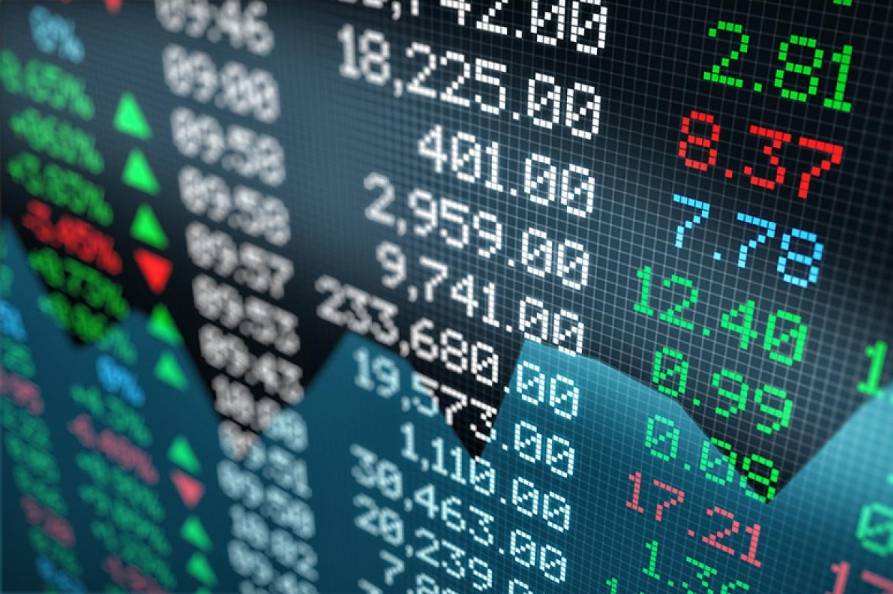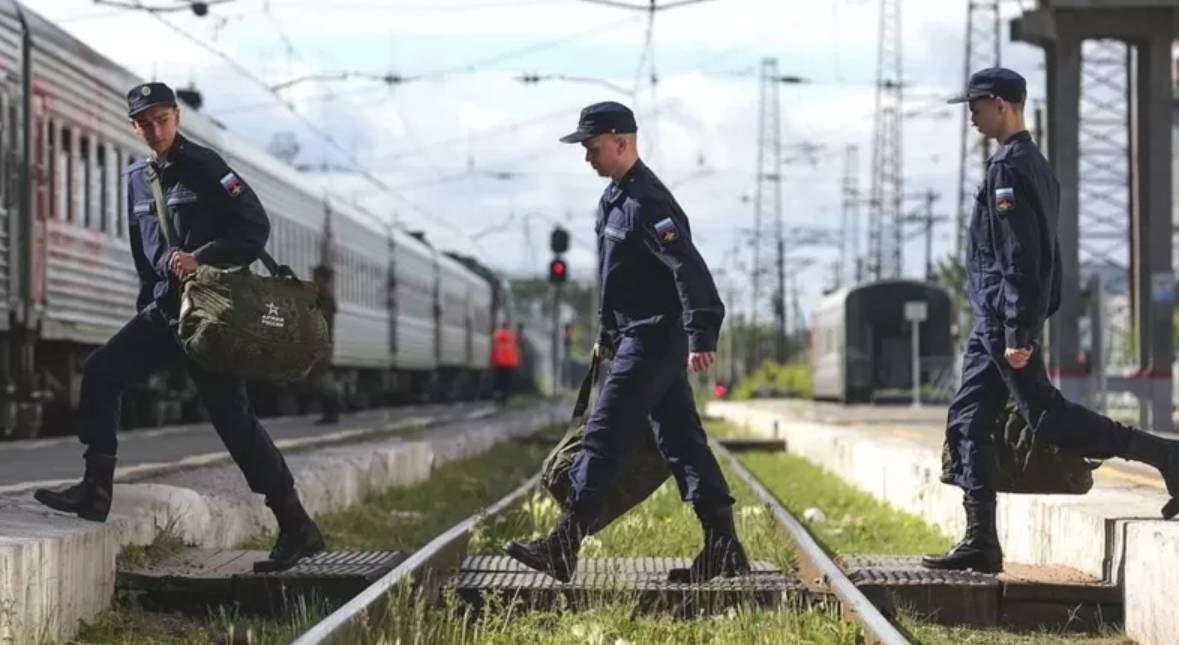
“Over the past year, the ongoing pandemic continued to cause massive health and socioeconomic losses, impacting lives and livelihoods around the world. As the economy begins to recover, the world is facing a second unprecedented shock: Russia’s invasion of Ukraine.” In a statement released on October 4, International Monetary Fund (IMF) Managing Director Kristalina Georgieva opined that the international community is facing significant economic impacts right now, with the global economy undergoing its biggest test since World War II.
According to her, the consequences of the conflict in Ukraine have led to “unprecedented upheavals”: millions of refugees have left the war zone, millions more people remain internally displaced.
“Rising food and energy prices and rising inflation are hitting the most vulnerable the hardest — just at a time when high levels of debt and tightening global financial conditions make it even more difficult for governments to support those in need,” the head of the IMF notes.
Also, according to the IMF, geopolitical and social tensions have escalated in the context of rising poverty and inequality, and the risk of dividing the world into geopolitical and economic blocs that “could reverse decades of rising living standards” has risen sharply.
“Inflation has risen sharply in many countries, driven by a combination of factors such as large increases in energy, food and commodity prices, labor shortages and supply disruptions. Public and private debt reached new highs. With tighter fiscal space, countries will need to make increasingly difficult policy trade-offs to counter rising inflation, elevated macro-financial risks and slower growth,” concludes Kristalina Georgieva.
At the same time, according to Georgieva, the world cannot pause the climate crisis while we are trying to resolve other crises.

 Exploring the Enigma of ‘Blue Zones’: Global Hotspots for Longevity
Exploring the Enigma of ‘Blue Zones’: Global Hotspots for Longevity  Ethical Considerations in the Development of Future AI Assistants: Insights from Researchers
Ethical Considerations in the Development of Future AI Assistants: Insights from Researchers  AI Revolutionizes Agriculture: Robotics and Lasers Join Forces to Tackle Weeds Across Farmlands
AI Revolutionizes Agriculture: Robotics and Lasers Join Forces to Tackle Weeds Across Farmlands  AI Unveils Groundbreaking Antibiotic Effective Against Superbugs
AI Unveils Groundbreaking Antibiotic Effective Against Superbugs 


